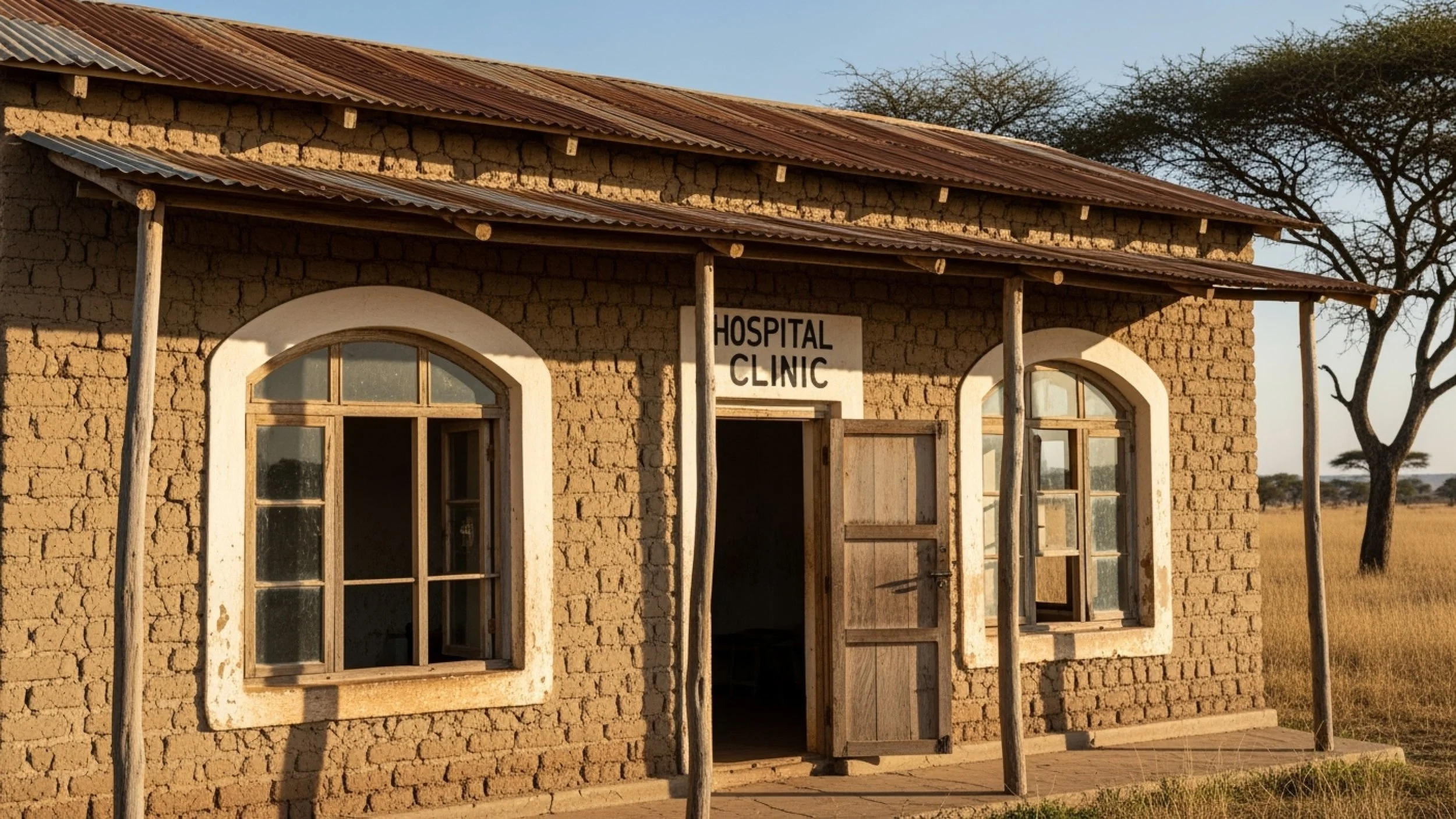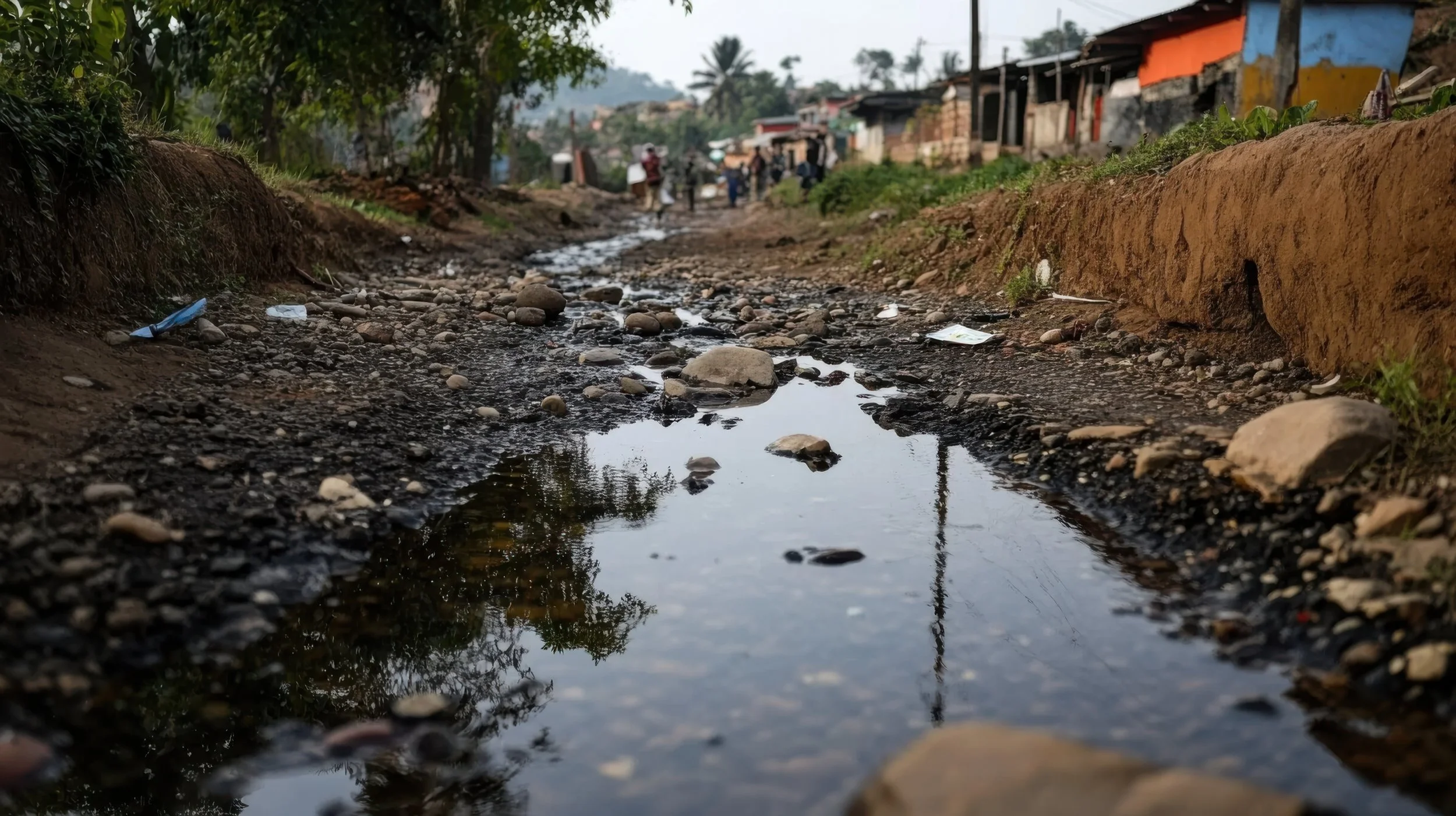Changing Health Outcomes at the Village Level
In many parts of Western Kenya, healthcare is often sought only when illness becomes severe. This reactive approach has long contributed to high rates of preventable diseases and avoidable deaths. However, a growing movement among community-based organizations (CBOs), local health workers, and development partners is shifting the focus toward preventive care and health education at the grassroots level. The result is a gradual but measurable improvement in community health outcomes.
Preventive healthcare emphasizes the identification and reduction of risk factors before illness occurs. In Western Kenya, preventable diseases such as malaria, typhoid, diarrheal infections, and respiratory illnesses account for a majority of local clinic visits. Many of these illnesses are linked to poor sanitation, unsafe water, and limited awareness of hygiene and nutrition.
By prioritizing education, early screening, and improved sanitation practices, communities are beginning to reduce disease prevalence. This shift not only improves individual health but also reduces the strain on under-resourced medical facilities that often struggle to meet the region’s growing demand for care.
Health Education at the Grassroots
Community education remains one of the most effective tools in preventive care. Local CBOs and church-based organizations are conducting health awareness sessions in schools, marketplaces, and village centers to teach the importance of handwashing, water purification, and mosquito control. In some counties, partnerships between county health departments and non-profit organizations have introduced mobile health campaigns that combine health screenings with public education on nutrition and hygiene.
School-based programs are particularly impactful. By integrating health topics into classroom discussions, teachers help children become agents of change within their households. Topics such as proper waste disposal, menstrual hygiene, and balanced diets are breaking generational cycles of preventable illness.
Nutrition and Water: The Foundation of Preventive Health
Nutrition is central to the concept of preventive health. Malnutrition, particularly among children and expectant mothers, remains a major challenge in rural Western Kenya. CBOs are addressing this by promoting the use of locally grown produce, kitchen gardens, and community nutrition demonstrations. These initiatives help families understand how affordable, locally available foods can prevent nutrient deficiencies and improve immunity.
Access to clean water is another critical factor. Many waterborne illnesses can be prevented through basic filtration and water safety education. Community wells, rainwater harvesting systems, and low-cost purification technologies are increasingly being introduced as part of broader public health programs.
The Role of Community Health Volunteers (CHVs)
Community Health Volunteers are at the forefront of preventive healthcare delivery. Operating at the household level, CHVs identify vulnerable individuals, educate families, and ensure early referrals to local clinics. Their proximity to residents allows for ongoing follow-up and monitoring, which is often impossible for overstretched medical staff.
Recent training efforts supported by CBOs and local governments are strengthening the capacity of CHVs to deliver accurate health information. Some are now equipped with digital tools for data collection, helping track community health trends and identify priority areas for intervention.
Cultural Shifts and Lasting Change
Preventive health initiatives also rely on cultural acceptance and behavioral change. Overcoming stigma related to certain illnesses and promoting openness around topics such as family planning, reproductive health, and mental wellness require trust and continuous dialogue. Religious and community leaders play a vital role in shaping attitudes toward health and encouraging early action.
As a result, more families are beginning to understand that wellness is not merely the absence of disease but the product of daily habits, clean environments, and informed decision-making.
The growing emphasis on preventive care in Western Kenya is reshaping how communities understand and pursue health. Through combined efforts in education, nutrition, sanitation, and empowerment, CBOs and local partners are building a foundation for healthier generations.
While the region still faces challenges such as limited infrastructure and medical personnel shortages, the progress made through preventive measures is undeniable. Each awareness campaign, clean water project, and household health visit represents a crucial step toward long-term, community-led transformation.
By The Goshen Journal
Goshen Global Alliance | Community Education Division


